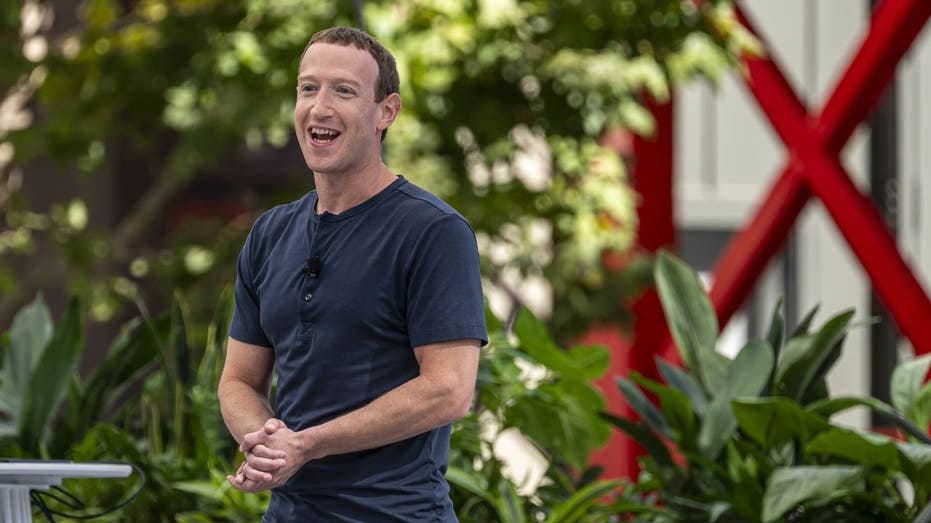Zuckerberg Seeks to Shape Trump's Tech Agenda Post-Mar-a-Lago Meeting
After Years of Tension, Meta CEO Looks to Influence Policy Amidst New Administration Mark Zuckerberg, the head of Meta Platforms, has reportedly expressed his desire to have a say in the upcoming Trump administration's technology policies. This surprising development follows a private meeting between Zuckerberg and President-elect Donald
After Years of Tension, Meta CEO Looks to Influence Policy Amidst New Administration
Mark Zuckerberg, the head of Meta Platforms, has reportedly expressed his desire to have a say in the upcoming Trump administration's technology policies. This surprising development follows a private meeting between Zuckerberg and President-elect Donald Trump at Mar-a-Lago, signaling a potential shift in the dynamic between Silicon Valley's tech giants and the incoming government.
The meeting, confirmed by Trump advisor Stephen Miller, marks a departure from the contentious history between Trump and Zuckerberg. During Trump's previous term, he had criticized Zuckerberg and threatened legal action against him, accusing Meta of election interference due to contributions aimed at supporting U.S. voting infrastructure in 2020. These accusations had labeled Zuckerberg as a target for conservative criticism, with Trump notably referring to him as "Zuckerbucks."
Despite this history, Zuckerberg's recent actions suggest a strategic pivot. In a statement following the alleged assassination attempt on Trump, Zuckerberg described the former president's resilience as "badass," indicating a willingness to find common ground or at least to acknowledge Trump's public persona positively. This praise has been interpreted by some as an olive branch extended towards Trump, especially in light of Zuckerberg's commitment to stay out of the election process this cycle, which could be seen as an attempt to appease or align with Trump's administration.
Political and tech analysts speculate that Zuckerberg's interest in tech policy might be motivated by several factors:
- Regulatory Concerns: With antitrust scrutiny looming over tech giants, Zuckerberg's engagement could be an attempt to influence or at least understand the regulatory environment under Trump's second presidency.
- Policy Influence: By seeking an active role, Zuckerberg might aim to steer policy discussions on critical issues like data privacy, AI regulation, and social media's role in democracy.
- Economic Strategy: Ensuring Meta's business interests are protected or even favored in the new policy landscape could be another driving force behind this engagement.
Public reaction to this news is mixed. Some view Zuckerberg's move as a calculated step towards ensuring Meta's longevity and influence in an administration that has promised to take a hard look at Big Tech. Critics, however, question the sincerity of this outreach, pointing to past conflicts and suggesting it might be more about damage control than genuine policy interest.
As the Trump administration gears up to tackle a range of issues from cybersecurity to digital sovereignty, the involvement of tech leaders like Zuckerberg could significantly shape the future of technology in America. The specifics of what role Zuckerberg might play, if any, remain to be seen, but his recent overtures indicate a new chapter in the relationship between one of the world's largest tech companies and the U.S. government.


